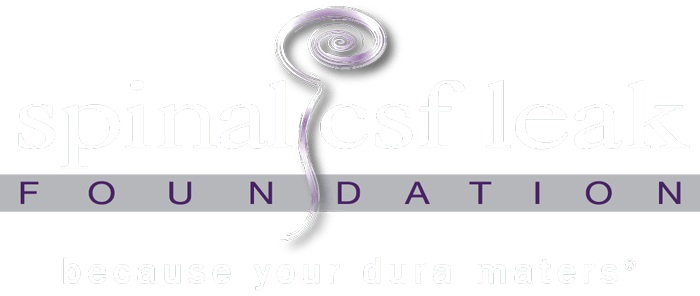
Meet Dr. Peter Kranz, Associate Professor of Radiology and the Division Chief of Neuroradiology at Duke University Medical Center. Dr. Kranz has extensive clinical and research experience in the diagnosis and treatment of spontaneous intracranial hypotension (SIH), including expertise in clinical management, imaging, treatment, and post-treatment considerations, and is considered a national and international expert in the field of spinal CSF leaks. He has authored or co-authored over 80 manuscripts in the peer-reviewed medical literature, with a focus on SIH and image-guided spine procedures.
After completing his undergraduate education at Georgetown University, Dr. Kranz earned his medical degree from the University of North Carolina at Chapel Hill. He completed a residency in Diagnostic Radiology and a fellowship in Neuroradiology at Duke University Medical Center and has served as faculty at Duke University since 2009.
He has been a member of the Spinal CSF Leak Foundation’s medical advisory board since 2017.
We recently asked Dr. Kranz to share with us a little about his life and work.
What first motivated you to focus on spinal CSF leaks?
When I started treating people with spinal CSF leak, there were almost no resources available anywhere for this condition. I realized that if we did not help them, nobody would. To me, it was unthinkable that we could just abandon these patients.
What do you wish more people knew about spinal CSF leaks?
This condition is very complex. Although it is deceptively easy to understand as a “plumbing” issue, there are a lot of physiologic, anatomic, and biochemical factors that contribute to the underlying disease and symptoms. We have learned a lot, but there is still so much that we have yet to discover.
What are you most excited about right now regarding spinal CSF leak research?
Interest in this condition has really skyrocketed in the past five years. This will mean new bright minds working to solve problems, generating ideas, and promoting awareness. The pace of change has really accelerated, and we are poised for many more discoveries that will improve care.
What do you like to do when you’re not seeing patients or thinking about spinal CSF leak?
I spend as much time as possible with my family, including my four wonderful kids and my amazing superstar wife, who makes all my professional success possible.
Thanks, Dr. Kranz, for all you do to help patients, educate others, further research, and raise awareness about spinal CSF leak!

